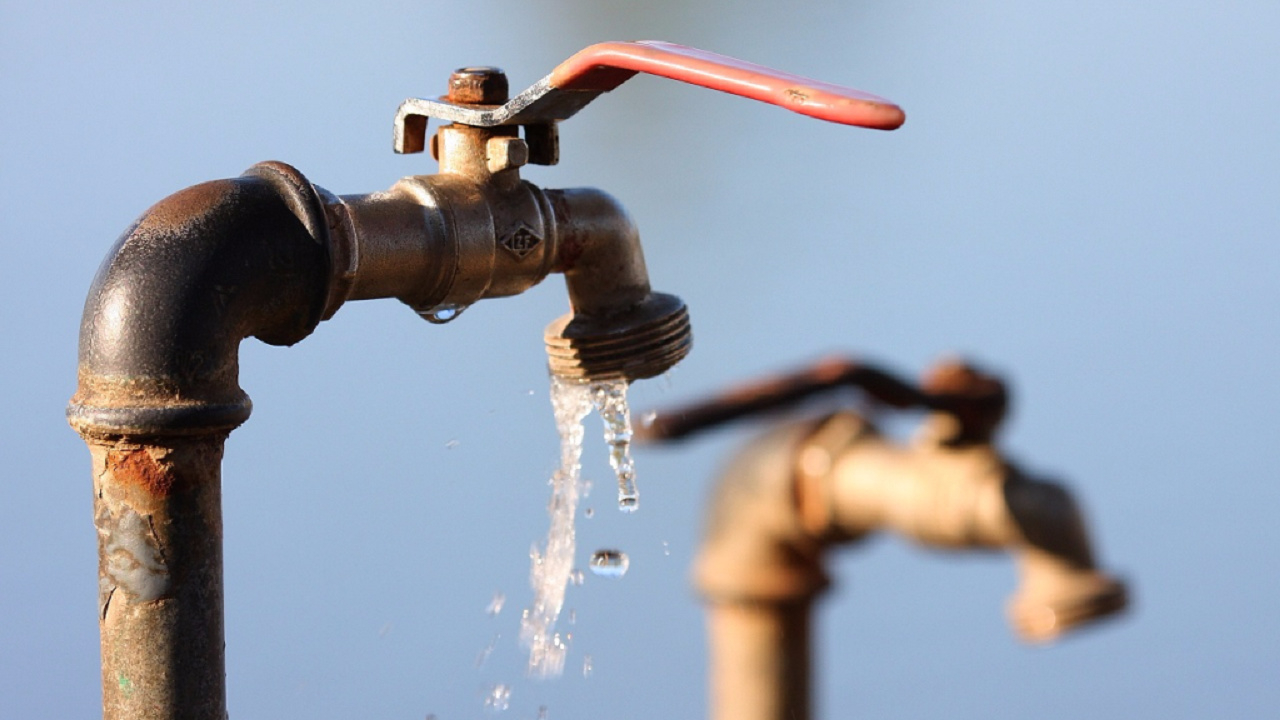LOCAL Government Minister Desmond McKenzie announced on Wednesday that his ministry will be spending $370 million to patch and rehabilitate roads in urban, high-traffic, and large residential areas, under a parochial road patching programme.
In his contribution to the 2022/23 Sectoral Debate in the House of Representatives, McKenzie issued a call to mayors to ensure that quality work is carried out under the multimillion-dollar programme.
“We want to see quality of work being done under this programme,” he stated, noting that the projects will be mapped via a geographic information system.McKenzie said that in collaboration with the local authorities, the ministry has already compiled a list of priority roads across the island that are urgently in need of patching. These include roads that lead to essential services.
In his recent presentation to the sectoral debate, colleague minister in charge of works, Everald Warmington lamented the quality of some of the road works carried out across the island, calling out the National Works Agency for poor oversight and monitoring of projects. McKenzie noted that the patching and rehabilitation projects would supplement the road projects outlined under the works portfolio.
He also said that in the last fiscal year, in addition to drain cleaning and de-bushing, 27,306 metres of road were patched and 51, 466 metres were rehabilitated, at a total cost of $245 million.
Meanwhile, McKenzie said the ministry has been supporting the local authorities to truck water to communities which have been severely affected by drought, and has so far spent $31 million on those efforts.
Furthermore, a drought task force has been set up to address the issue which he pointed out has not only been affecting the corporate area, but rural areas as well.The task force has been mandated to develop a comprehensive programme to include the trucking of water and provision of water trucks to the municipal corporations. He said six units have already been dispatched.
Stressing that the Government is determined to significantly improve public access to piped, potable water, he said according to a 2019 survey, 70 per cent of Jamaicans have access to piped water while 27 per cent — who have to walk 500 metres — get water from standpipes in rural areas.
He advised that the ministry intends to implement projects and programmes to expand minor water systems across the island, under the 2019 national water sector policy and implementation plan.
The plan is expected to ensure that the country’s water resources are effectively managed, and sets out service targets and arrangements for service delivery.
Some of the issues outlined in the policy are high levels of non-revenue water, high energy consumption by the National Water Commission, inadequate infrastructure, watershed degradation, poor waste management practices, inadequate storage facilities, and vulnerability to climate change.

